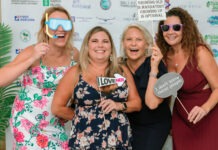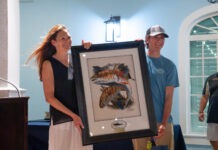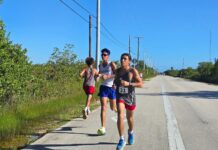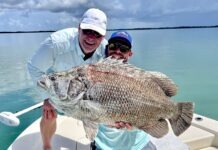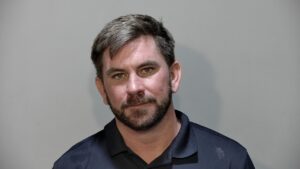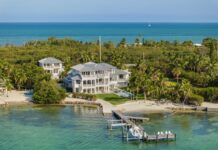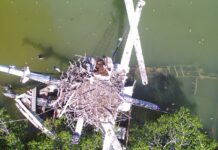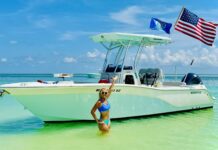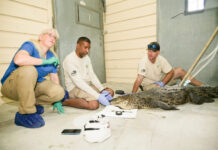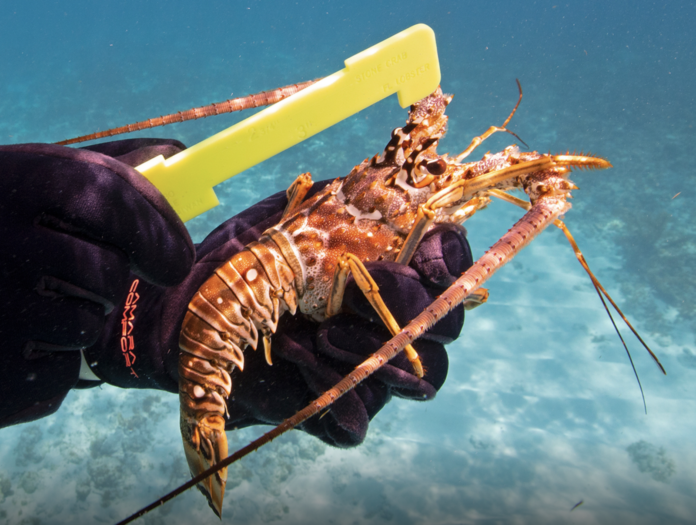
CONDITIONS ON THE WATER FAVORABLE
We had favorable conditions again this past week, but lobster “mini-season” week looks like the opposite of favorable, with calls for high winds all week. The lobster might stand a chance this year.
A TAKE ON LOBSTER ‘MINI-SEASON’
While we are on the topic of mini-season, we might as well discuss the pros and cons of this South Florida exclusive event. I personally have been deeply involved in every mini-season for the past 15 years. Being in the dive industry, you don’t have a choice but to serve the masses that flock to our community in search of “bugs.”
I’ve seen this event at its peak, where I had over 300 tanks to fill on the first day. I would be filling customers’ tanks until 3 or 4 in morning, so they could be ready by dawn on day 2. It has calmed down slightly and we are not having to spend the night in the dive shop any more. But it’s still a very busy two days. My opinion of it is a love/hate relationship. As a businessman the revenue it brings in is attractive. But is it worth depleting our resources and jeopardizing our reefs?
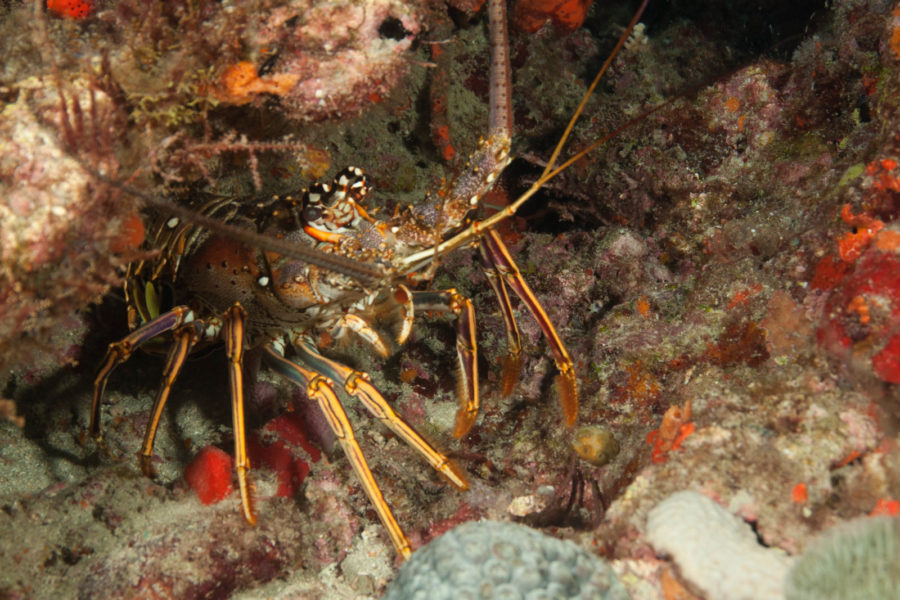
It’s an argument that has been going on for years and will continue as long as mini-season forges ahead. I love a good debate as long as everyone remains cordial and kind. But if I had to cast a vote, I’d vote for our ocean resources and the reefs. The lobster are there, they’ll be there after the season opens. And people will come to try and gather them, but maybe they don’t need to come all at once. My two cents for what it’s worth. But mini-season isn’t going anywhere; it’s controlled by Florida Fish & Wildlife Conservation Commission, and won’t ever be canceled. So let’s do our best as a community to make it as safe and sustainable and kind to our environment as we can.
Simply knowing and following the rules is a good start. Get your license. Know where you can and where you can’t hunt. Always carry a measuring device. Know what eggs look like and what size is acceptable. For the small ones, let them go and let them grow. There are numerous forms of information that the community and FWC puts out there to educate hunters on the rules. Take advantage of it.
CONSERVATION TIP
Be safe, respect the wildlife and reefs. Fly your dive flag and use good judgment. Good luck to both the hunters and the lobsters.
I.CARE
I.CARE is planting on Saturday at IDC; if interested, give the shop a call. As always, locals plant free.




